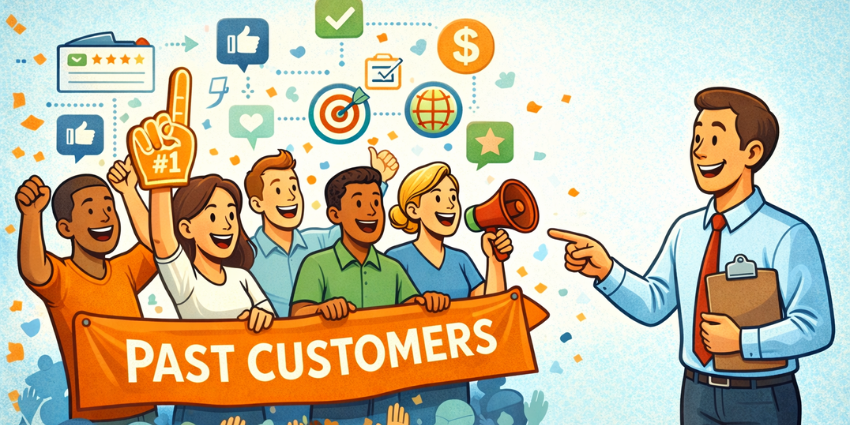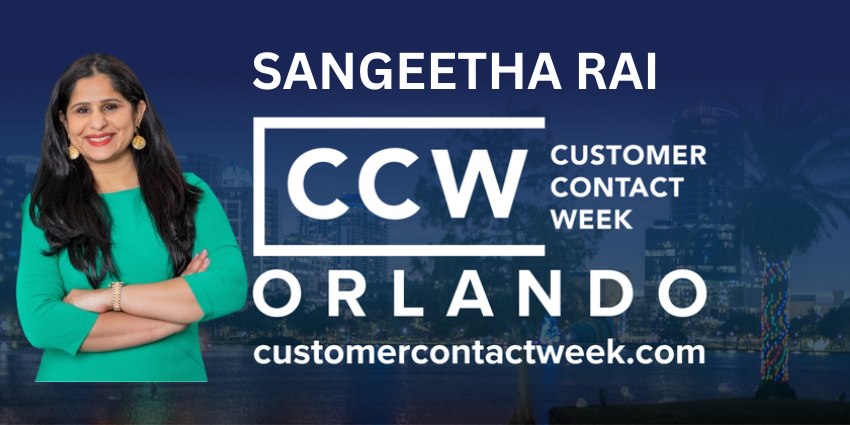Klarna CEO Sebastian Siemiatkowski has set the record straight on reports that his company ditched Salesforce and replaced it with AI.
The story originally broke in August of last year when Seeking Alpha reported on Klarna’s quarterly investor call.
During the call, Siemiatkowski mentioned that Klarna had “shut down Salesforce” as one of its SaaS providers.
Given the company’s strong association with OpenAI and outward championing of the tech, rumors began to spread that Klarna had used AI and LLMs to take over from Salesforce’s platform.
Indeed, the story gained such momentum that it appeared to cause something of a rift between the two companies, with Salesforce CEO Marc Benioff using a Dreamforce press conference to question the decision and call out Klarna’s customer data management.
But what really happened? Siemiatkowski has now come out and shared all.
Klarna’s Side of the Story
In a post on X, Siemiatkowski has revealed that the whole ordeal left him feeling “tremendously embarrassed.”
The Klarna man explained that the company had indeed experimented with AI and LLMs to help discern what data held real value, what was duplicated, inaccurate, or conflicting, and why.
In doing so, the company concluded that Klarna’s knowledge – spanning its identity, goals, performance, relationships, workforce, and insights – was fragmented across various SaaS platforms.
The buy-now-pay-later specialist also realized that while certain enterprise features – such as auditing, versioning, and access control – were essential, they had also become fragmented.
To address this, Klarna began consolidating systems, connecting knowledge, and eliminating silos, which led to the infamous Salesforce shutdown, as Siemiatkowski explains: “The side consequence of this was the liquidation of SaaS – not all of them, but a lot of them.
So no, we did not replace SaaS with an LLM, and storing CRM data in an LLM would have its limitations. But we developed an internal tech stack, using Neo4j and other things, to start bringing data=knowledge together.
It is important to note that while many organizations did lead with the narrative that Klarna was replacing Salesforce with AI, CX Today actually debunked these claims last year.
The publication revealed that Klarna had transitioned to Deel as its HR platform and integrated various SaaS tools to replace its CRM functionality.
Moreover, despite moving away from Salesforce’s CRM apps, Klarna continued using Slack, maintaining its partnership with Salesforce.
This clarification was shared with CX Today after numerous reports had misinterpreted Siemiatkowski’s remarks, suggesting Klarna was replacing SaaS apps entirely with AI.
Instead, the company confirmed that it was adopting alternative SaaS solutions, consolidating capabilities, and enhancing them with AI.
Can SaaS and AI Really Coexist?
As well as setting the record straight on the Klarna-Salesforce fallout, Siemiatkowski also used his X post to share his views on how the SaaS space will look in an AI-first world.
He predicts that fewer but more comprehensive SaaS platforms will begin to dominate the market, which will adopt a consolidation approach similar to Klarna’s.
Among these platforms, the Klarna CEO namechecks Salesforce, complimenting the company for expanding its capabilities beyond CRM and claiming that it is well-positioned to become the “hub of knowledge that modern companies will seek.”
However, Siemiatkowski didn’t keep things strictly complimentary. He also chose to send out a warning to large enterprise SaaS providers, writing that some of them suffer from a “fallacy.”
He believes that many of these companies lose their original vision by catering to too many demands, becoming little more than a “glorified database.”
In Siemiatkowsk’s opinion, opinionated software is where the real value is, as it reflects experience and a clear understanding of what drives results.
In closing his post, the Klarna man stated:
“So, I hope with sharing this we can clarify a lot of speculation and misunderstandings and in the end same thing as is always true, just like when mobile came along, we talked about mobile first, now you need to be AI first.
Of course all SaaS companies will need to learn, adopt and evolve. But if they do there is tremendous opportunity ahead.
Interestingly, Siemiatkowsk’s comments resonate somewhat with comments recently made by Microsoft CEO, Satya Nadella.
Speaking on a podcast late last year, Nadella suggested that AI agents could soon replace traditional business applications.
Like Siemiatkowsk, he argued that SaaS apps are essentially CRUD databases with business logic – functions that AI may eventually manage on its own.
With much of Salesforce and Benioff’s recent focus seemingly being on its agentic AI offerings, it will be interesting to see how the CRM giant plans to ensure that its SaaS solutions remain relevant moving forward.







